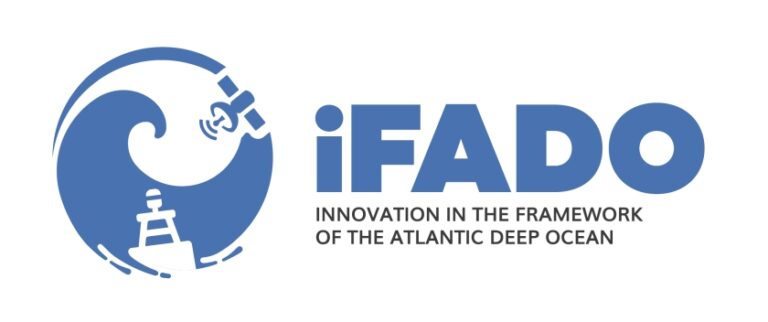iFADO – Innovation in the Framework of the Atlantic Deep Ocean – is a Interreg project that is promoting citizen participation on ocean data collection. Learn more about iFADO at http://www.ifado.eu/.
What does water colour indicate?
One of the most apparent characteristics of water to the human eye is water colour. Water colour indicates the algae and organic content of the water that feeds organisms. Your observations are therefore valuable to scientists and water authorities. You can now contribute by downloading theiFADO’s EyeonWater app. All observations are shown on the EyeonWater website: www.eyeonwater.org
Please check and download all the iFADO apps at http://www.ifado.eu/apps/. They will allow you to, for example, check phytoplankton levels in the seawater near you and to report marine litter that you encounter.
Why does the Atlantic community needs iFADO?
The Atlantic Action Plan aims to revitalize the marine and maritime economy, recommending closer collaboration among European Union (EU) Member States such as to set up sustainable strategies for natural resources exploitation while promoting innovation and regional strategies that secure and enhance the marine and coastal environments.
The Copernicus Marine Environment Monitoring Service (CMEMS) set up tools to monitor and forecast marine systems at the oceanic scale, foreseeing the subsequent development of innovative services by regional/local actors, oriented to the development of solutions at regional/local scales able to support authorities and investors.
iFADO aims to downscale CMEMS products and to combine the conventional monitoring programmes with emerging technologies such as gliders, ocean buoys and satellite data, to develop tailor-made and innovative products.
The European Atlantic Region has a large potential for Blue Growth due to to its size, maritime tradition, and vast deep-sea areas. Its narrow continental shelf makes the influence of large-scale ocean circulation to extend almost up to the shoreline. Due to size of its, in situ characterization and monitoring have extremely high costs involved (24% of total EU waters for 12% of total population).
The implementation of the Marine Strategy Framework Directive (MSFD) in the Atlantic is therefore, very challenging, particularly if the objective is to run periodic monitoring programs in offshore waters. Remote sensing and modelling have been recognised by the CMEMS as suitable methodologies to characterise the global ocean both for prediction and forecast. iFADO aims to demonstrate that similar strategies are valid at the regional scale and that downscaling is the most suitable mechanism to generate the required solutions and that new technologies are able to provide data in higher quantity, with wider spatial coverage and for remote marine areas. Institutions in charge of the implementation of the MSFD experience great difficulty in monitoring extensive areas.
iFADO therefore will:
- Assist the MSFD competent authorities;
- Provide services at regional/local scales necessary to enhance the blue economy development;
- Contribute to the challenges posed by climate change;
- Provide tools for the optimisation of observing strategies for better forecasting; and
- Capitalise on individual partner initiatives and historical data based on an EAR perspective.

